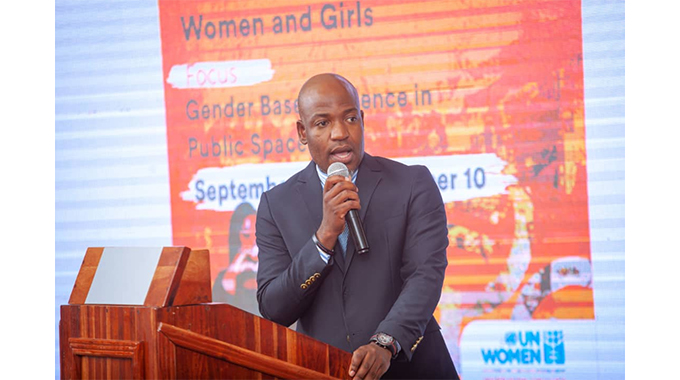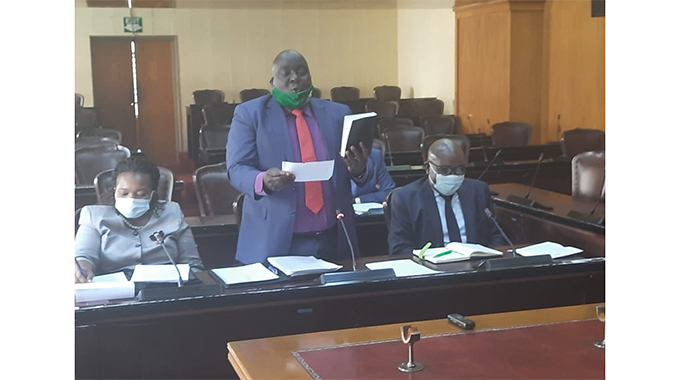Umzingwane women bemoan rising cases of alcohol, substance abuse

From Sifelani Tsiko in Umzingwane
Heavy drinking and substance abuse by artisanal miners is exposing women in Umzingwane Rural District to regular physical and verbal violence in public spaces.
Women, here, said this during a campaign titled: “Creating safe and empowering public spaces for women and girls.”
The women complained that most local men and artisanal miners, popularly known as Makorokoza, were drinking significantly more alcohol than they had in past decades with damaging results.
“The” US$1 for 2″ cheap and toxic beer brands are deadly and us as women, are paying the price of abuse in public spaces, ” said Anita Malinga, 78, of Terrylln village, in the Mawabeni area of Umzingwane district.
“Women get robbed, abused and as women we are scared of Makorokozas especially when they are heavily drunk.”
She complained that when her husband returns home from a drinking binge, he verbally abuses her.
“When my husband comes back home around 2am from beer halls in Mawabeni, he shouts at me till dawn. I have no peace.
“Beer halls should be shut down. They are destroying our marriages and peace in our homes.”
Sexual harassment and other forms of violence in public spaces are a daily reality for women and girls in Zimbabwe and most other African countries.
It happens on the streets, in public transportation, in and around schools and workplaces, in public toilets, business centres, water and food distribution points and other public spaces.
Gender-based violence cases are rising in Umzingwane due to an influx of artisanal miners who perpetuate physical and verbal violence as well as promiscuity.
“Drunken Makorokozas are now a nuisance here. They are a problem. When they have money they drink heavily and recklessly,” said Rudo Nxumalo, 59, of Mawabeni village.
“They shout at us. They vandalise our market stalls and in worst cases, they can even beat you up.

Innocent Katsande, UN Women communications specialist and Albert Nyathi, poet & UN Women violence free space campaign ambassador (centre) with women in Esigodini in Umzingwane District
“We are scared of them. Our police lack adequate resources to deal with them. So they do what they want.”
She said it was now difficult to control their children, who were now dropping out to join gold panning activities.
“Our children are getting wild once they get money from gold panning. They drink and drop out of school. Girls are lured by Makorokozas into early marriages because these guys have money. But it’s sad that these marriages do not last,” said Jemina Shoko, 52, of Sibomvu 1 township in Mawabeni.
“The ‘Njengu’ toxic beer is causing havoc here. Makorozas fight regularly at beer halls and at times they fight over women. It’s so chaotic at times.
” Beer outlets must be banned or the closing times must be tightened to end violence against women. ”
UN Women has been working with various local NGOs and community-based organisations (CBOs) under the Spotlight Initiative supported through a partnership between the European Union and the UN to end violence against women and girls and harmful practices.
“Alcohol and substance abuse should not be an excuse for perpetually perpetrating violence against women in public spaces,” said Innocent Katsande, UN Women communications specialist.
“Being drunk is not a license to harass women in the streets. The rising trend of public violence against women and girls should not be allowed to continue. It should stop.
Katsande said the campaign aims to raise awareness of the need to respect women and girls in public spaces.
“The rising trend of abuse, harassment and violence in the streets, bus ranks, and marketplaces should stop,” he said.
“Women should be free and safe to go about their daily business without having to look over their shoulders.”
Albert Nyathi, a poet and UN Women ambassador for the violence-free spaces campaign called on men to respect women in public spaces and to desist from excessive drinking which often led to physical and verbal violence against women.
” Men must respect women. Men must at be the frontline of protecting women against physical and verbal abuse,” he said.
Zimbabwe is among the 20 countries in Africa, Latin America, Asia – Pacific and the Caribbean which have benefited from the four-year programme supported by the EU to the tune of US$30 million.










Comments